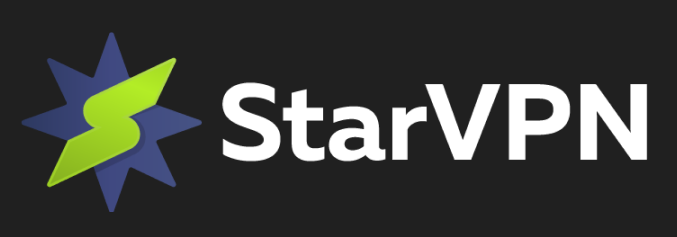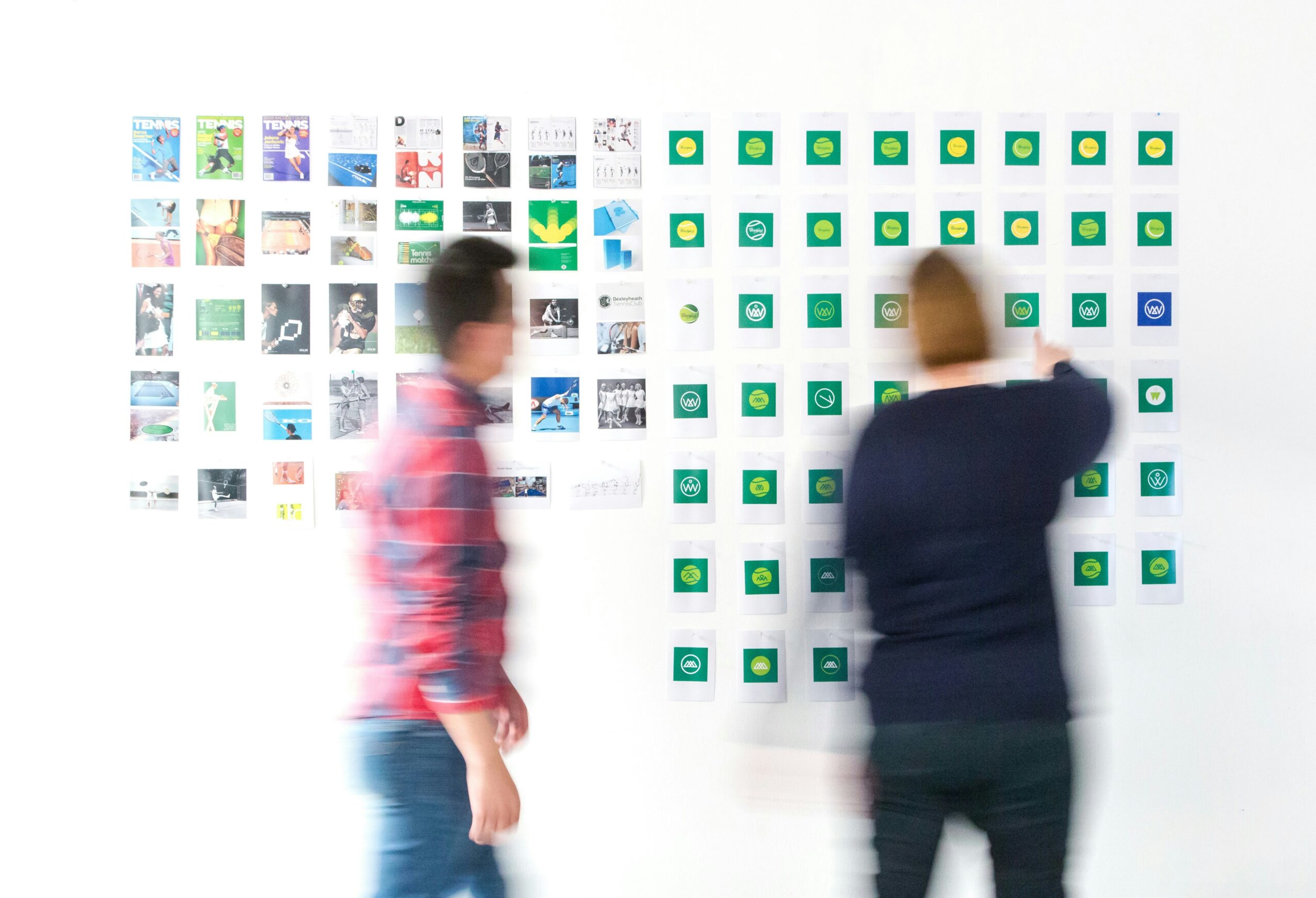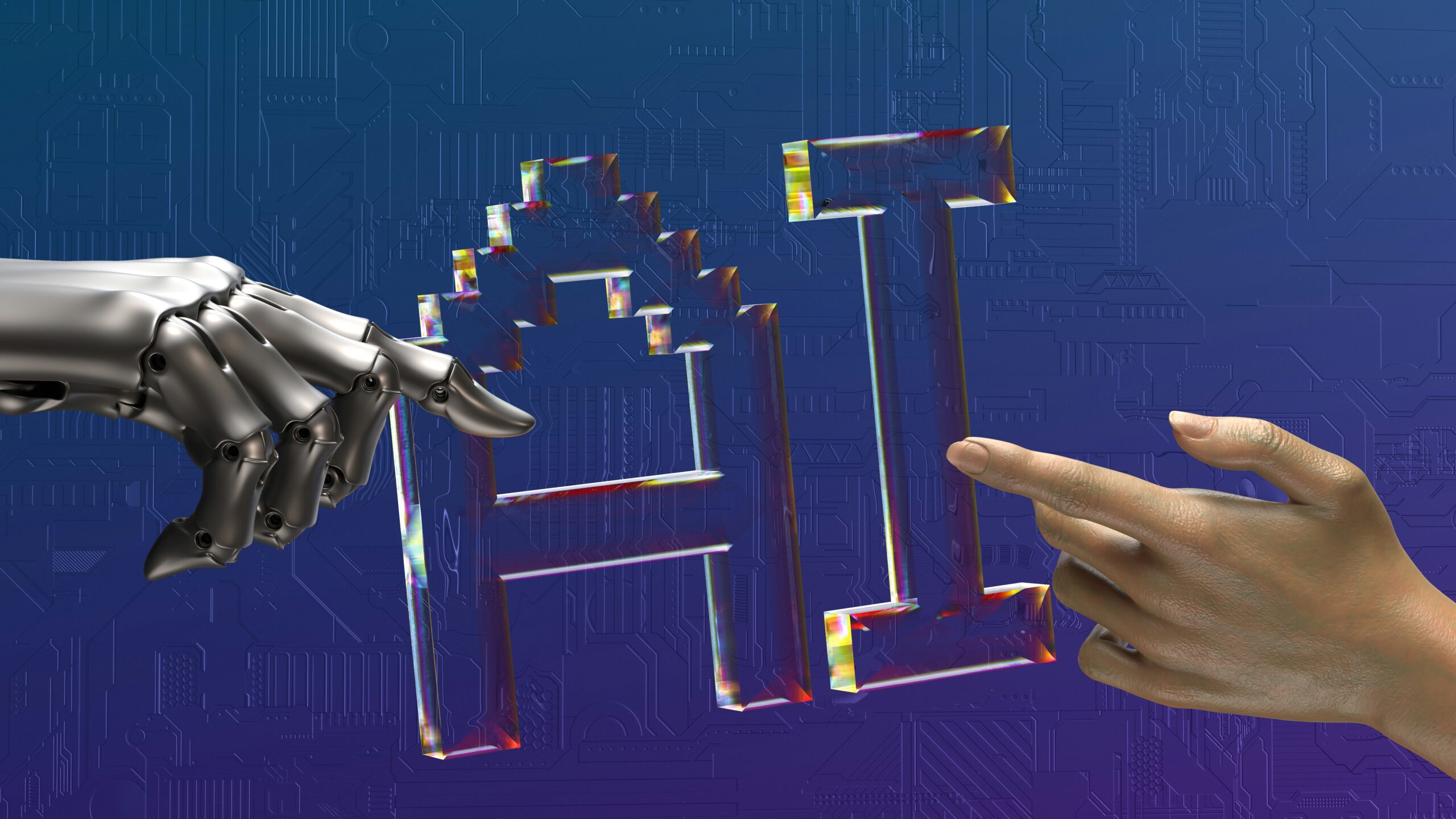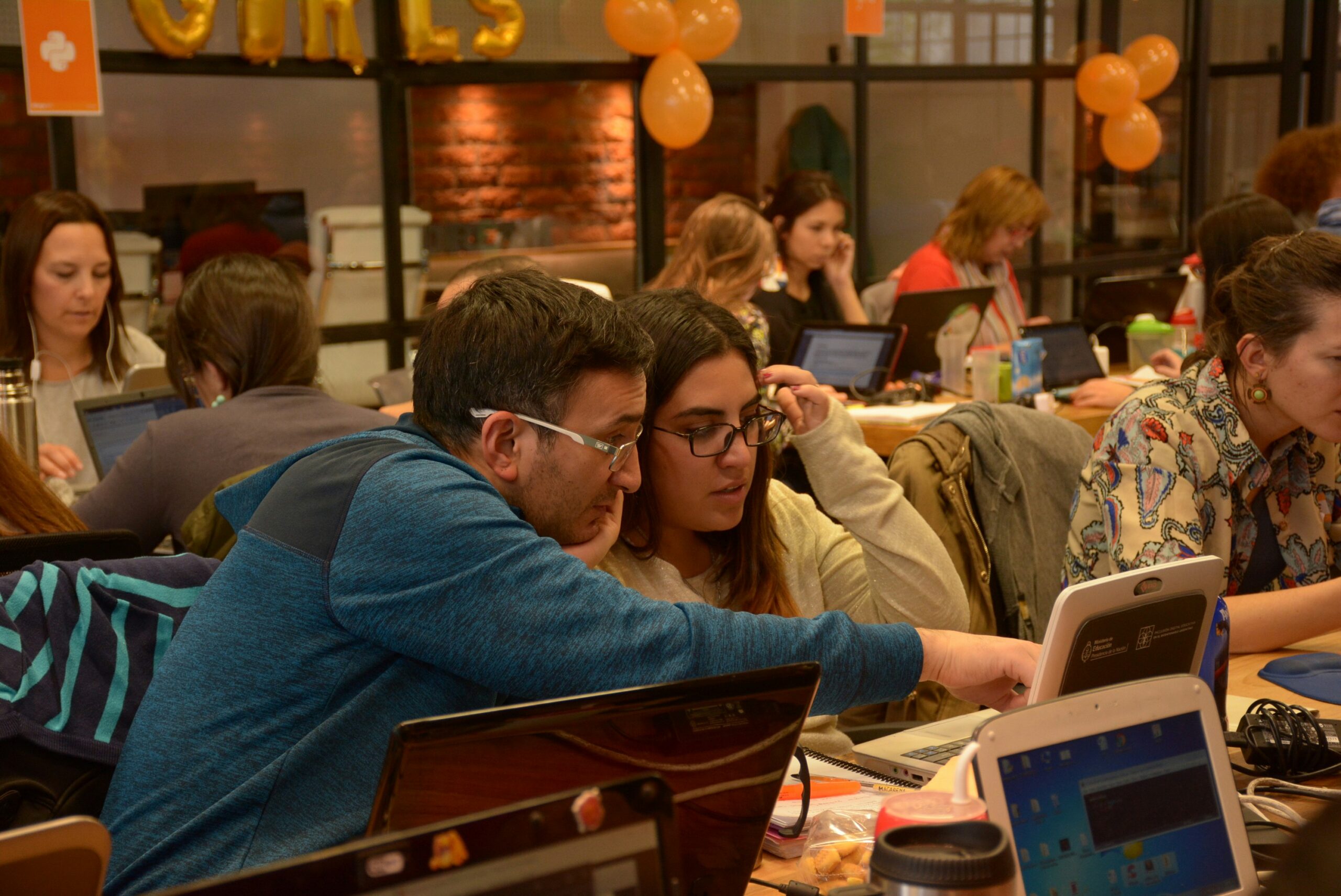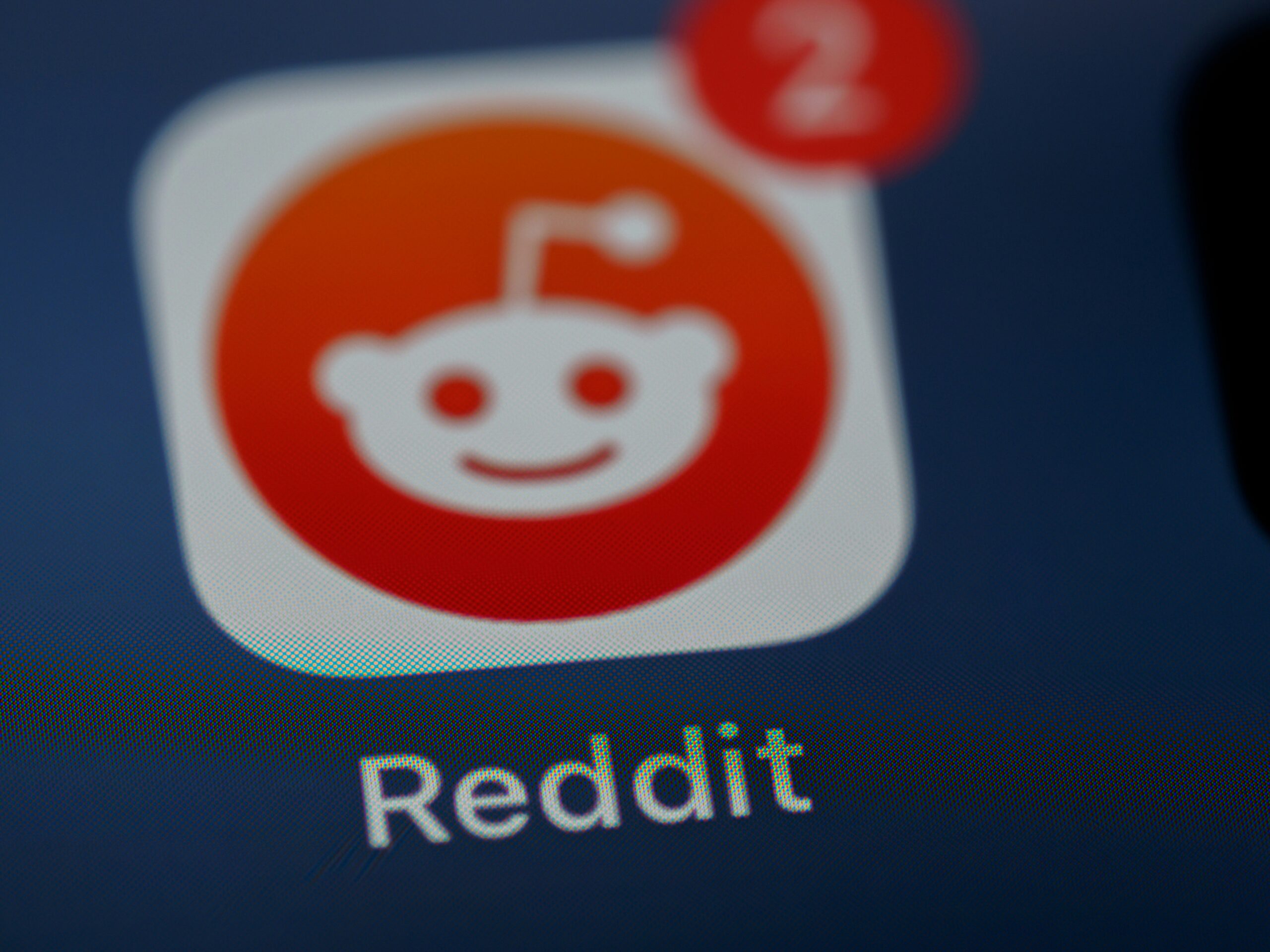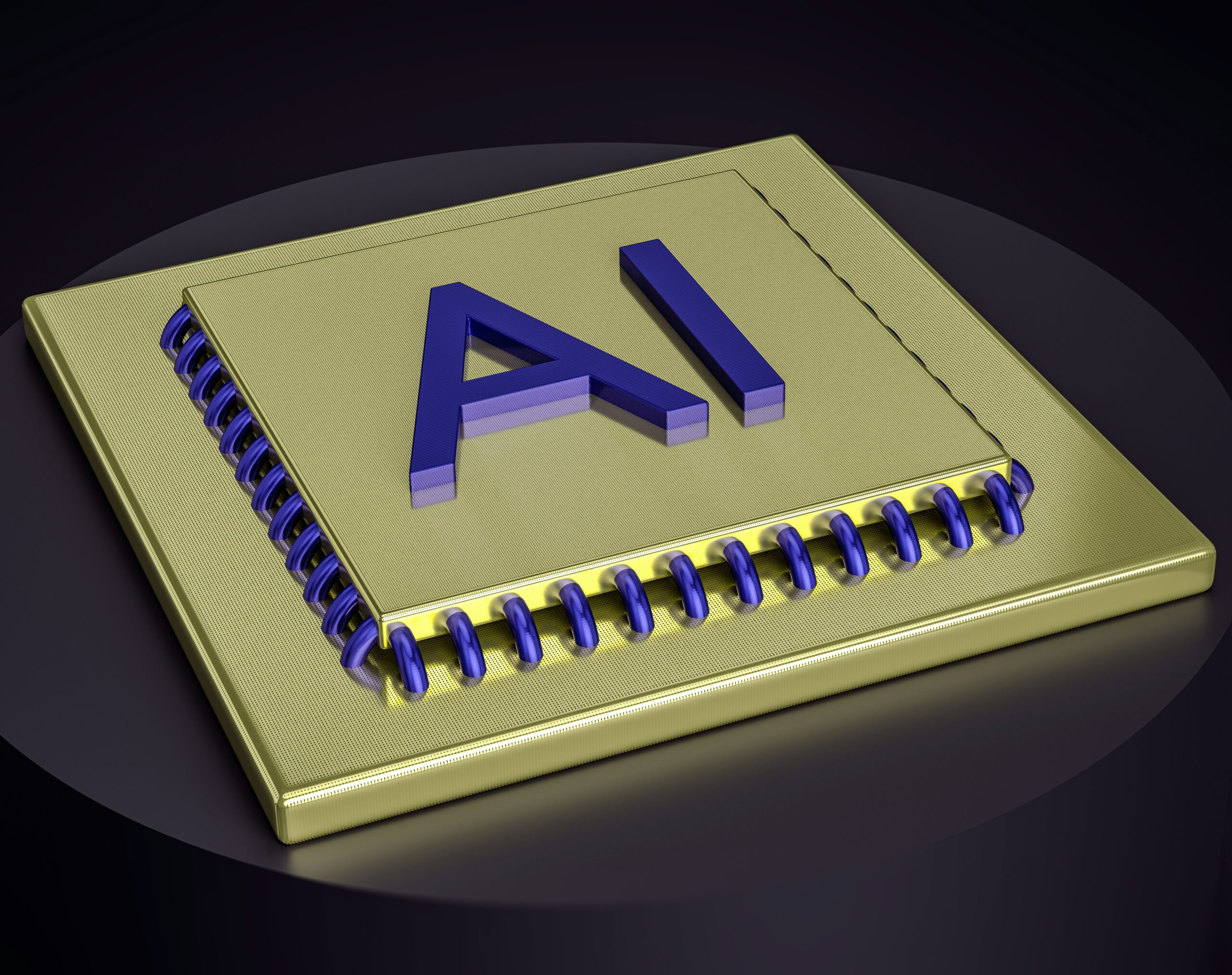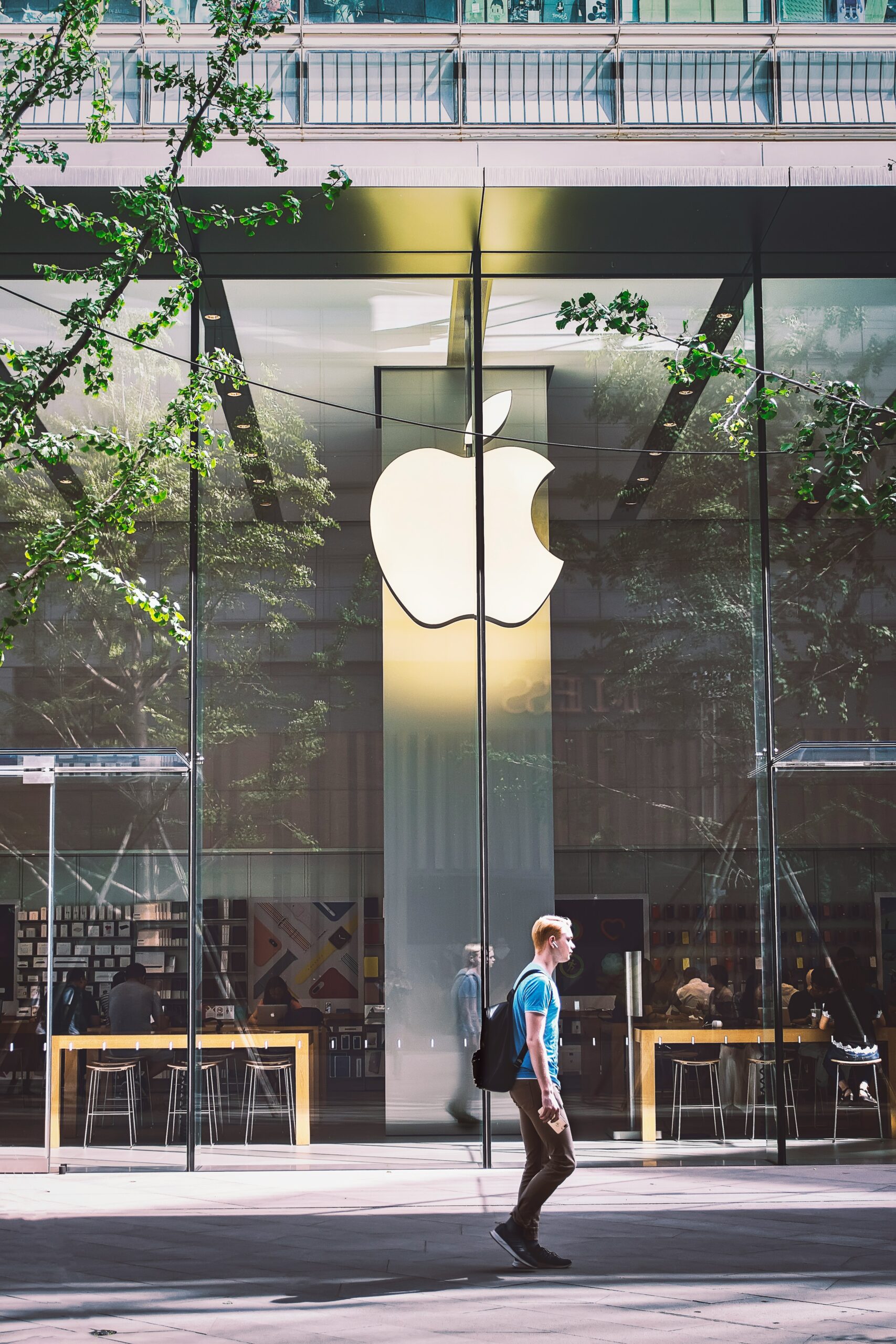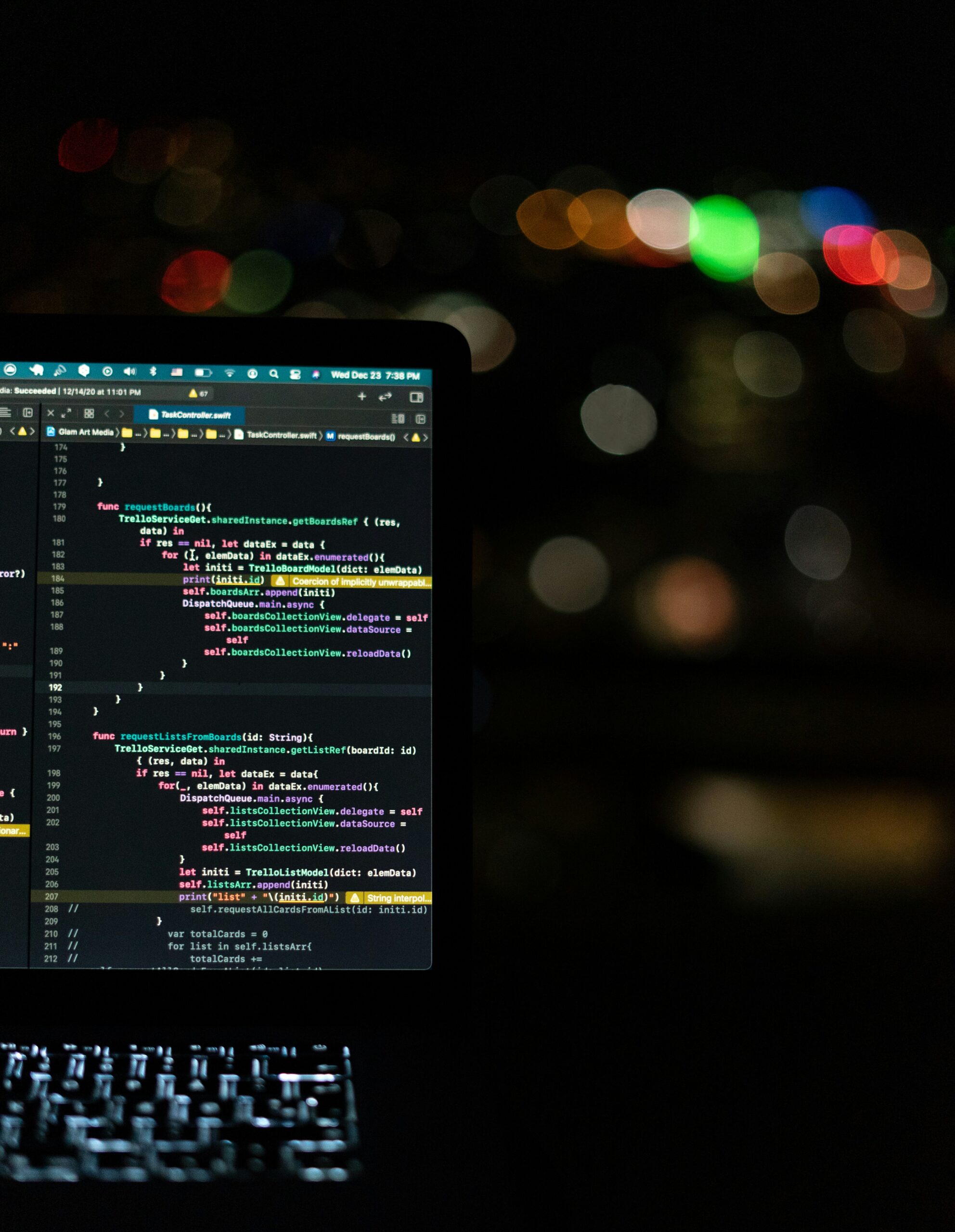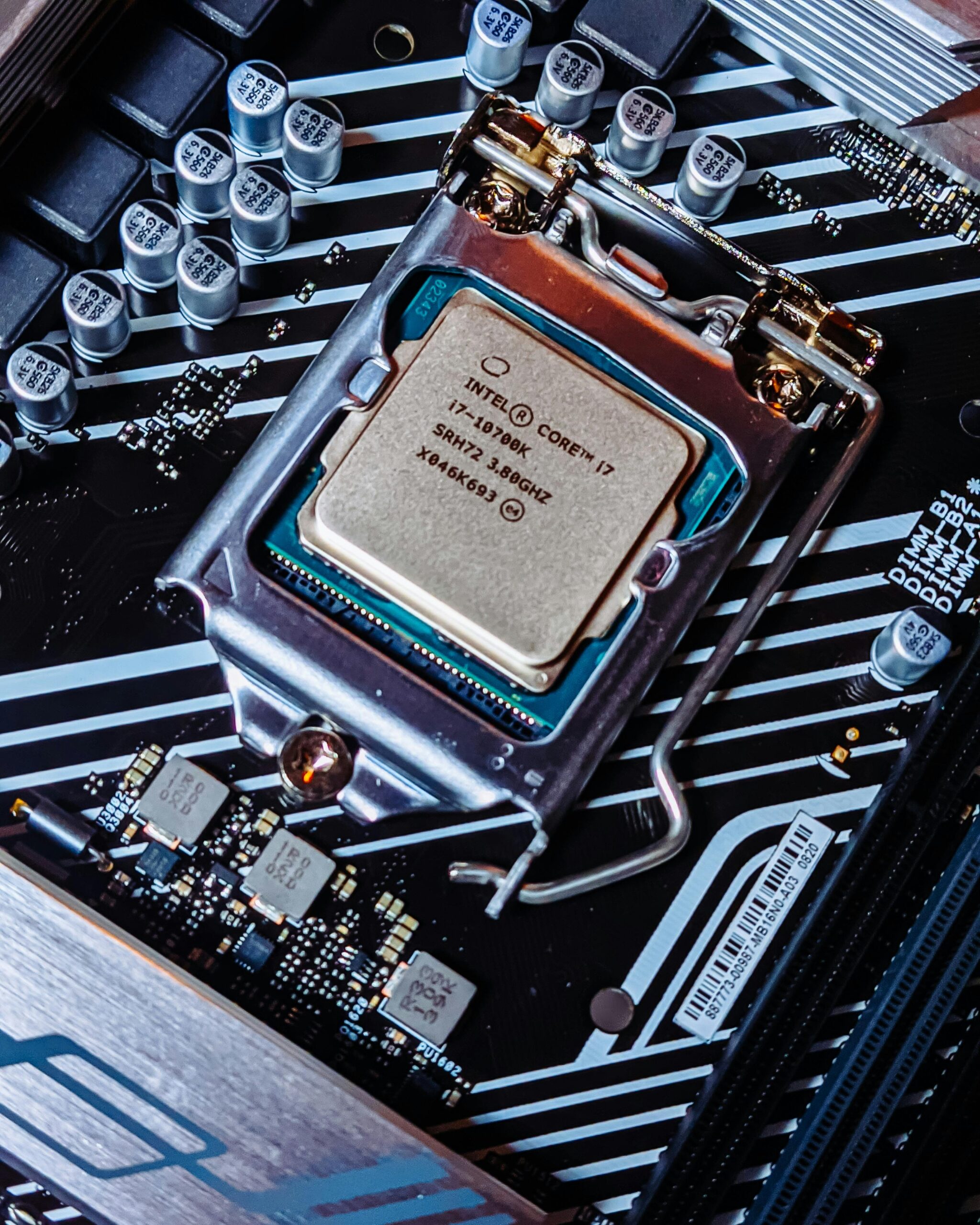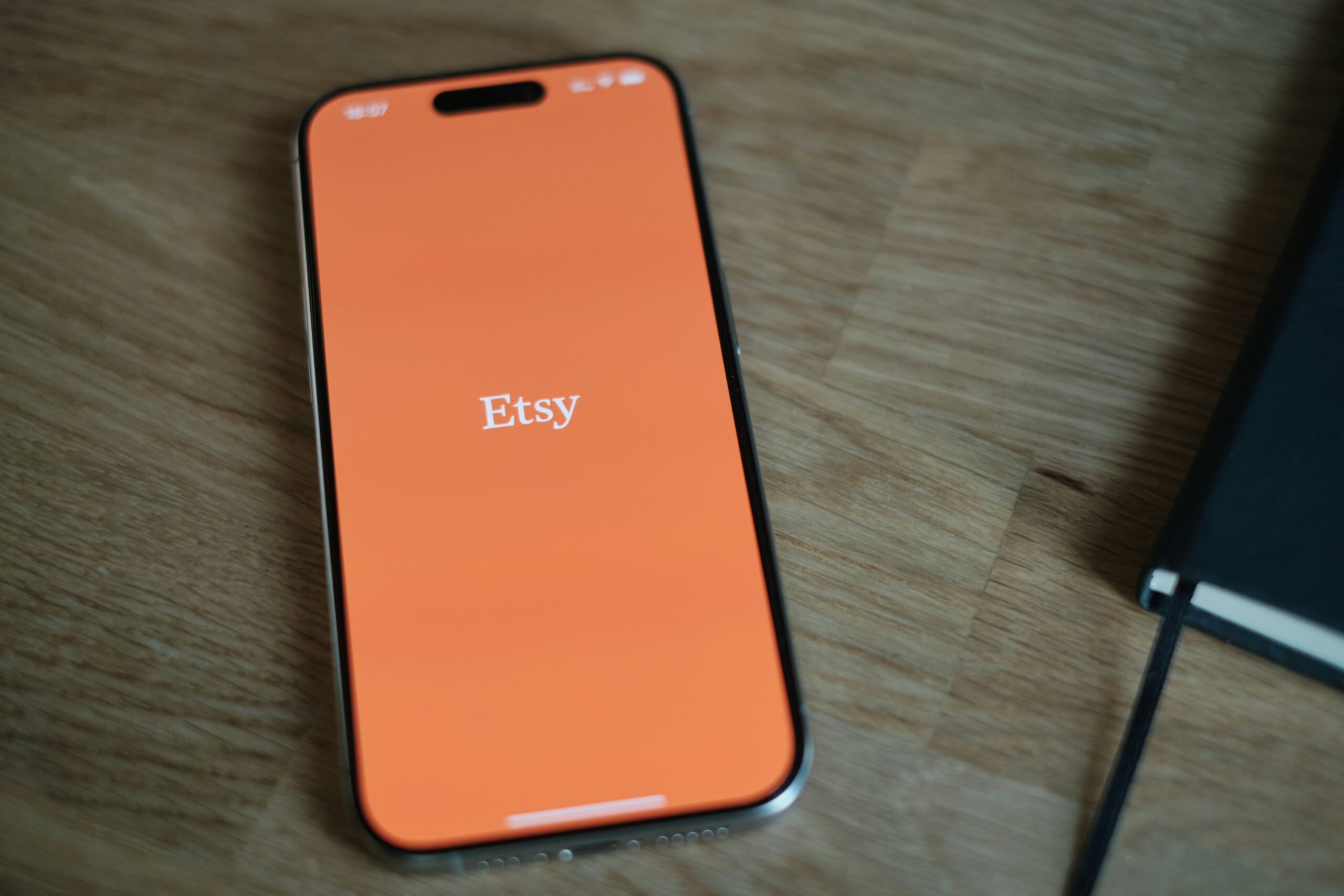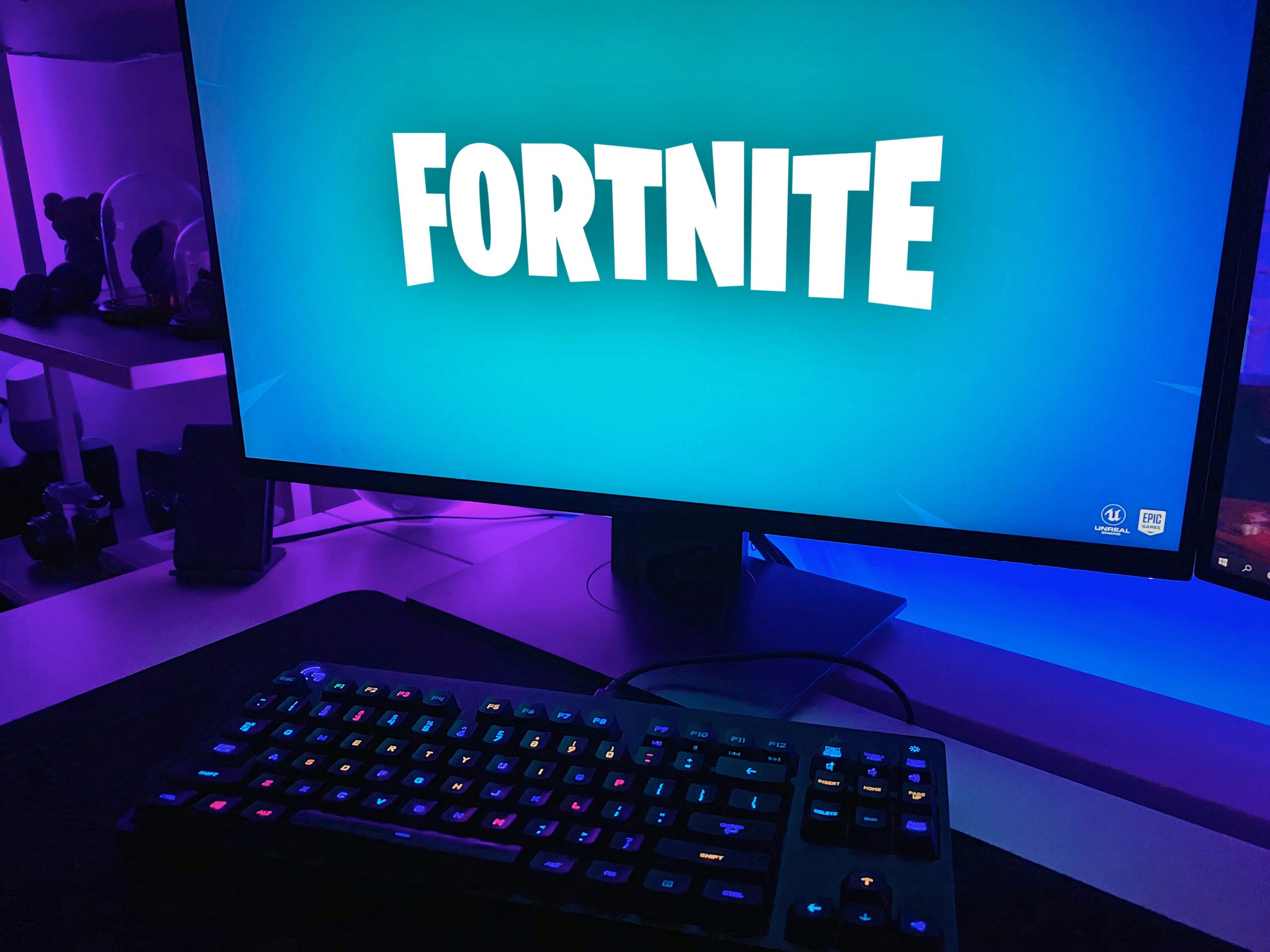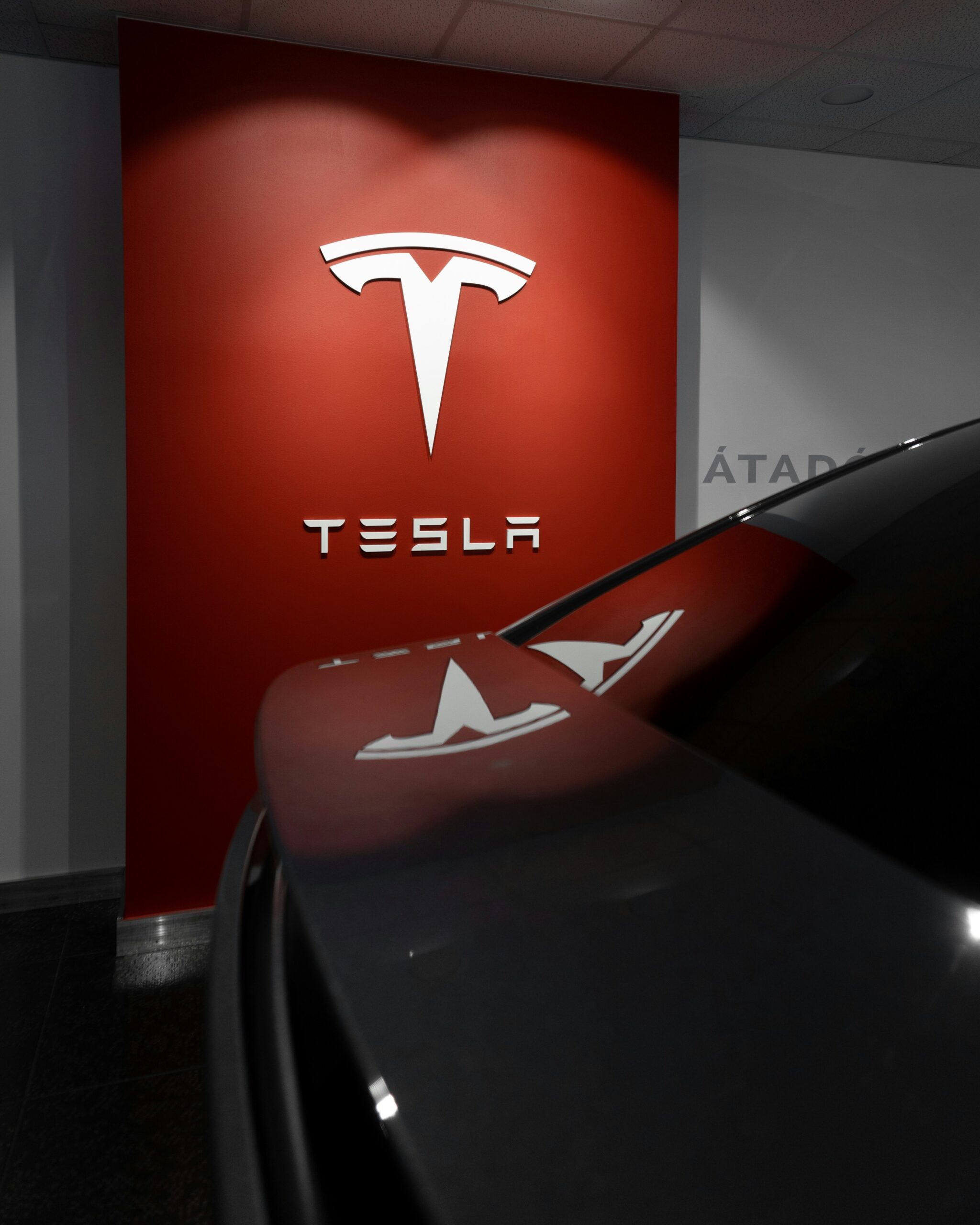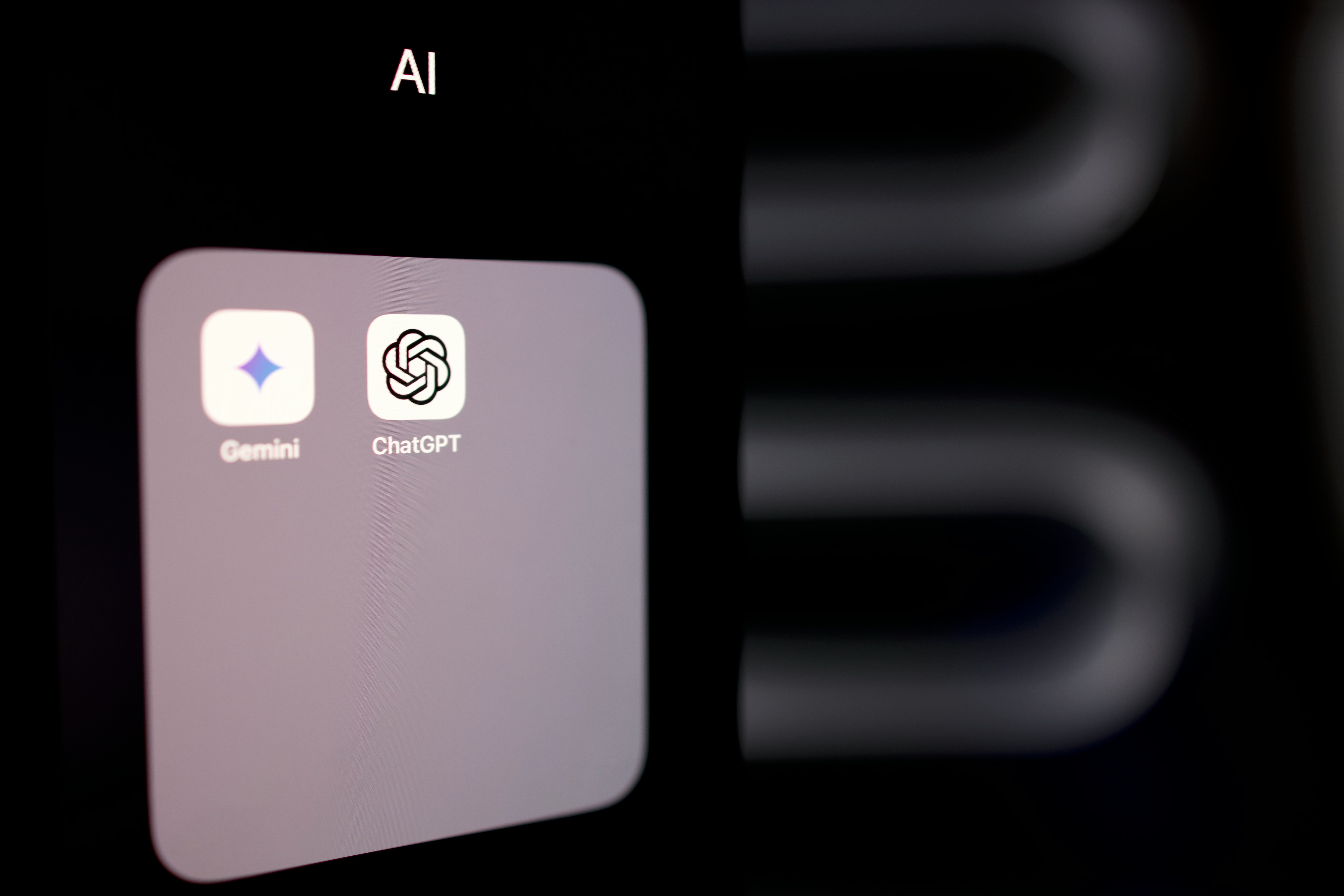Image credit: Unsplash
Restructuring its operations, AI startup Tome recently implemented a significant workforce reduction. The startup cut 20% of its team, or approximately 12 positions out of 59, as its focus now shifts toward enterprise clientele, particularly sales professionals who use its AI to produce presentations in record time. The strategic pivot shines a light on the broader trend in the industry, with numerous AI startups redirecting their efforts toward enterprise customers to enhance revenue streams.
Tome’s AI technology has previously been integrated across diverse applications, from pitch decks to post-surgery instructions for patients and students’ academic projects. However, Tome CEO Keith Peiris noted that consumer adoption tends to be sporadic and less inclined toward payment. Increasing competition, such as platforms like Canva launching AI-based presentation tools, further encroaches on the consumer segment.
Sales professionals have demonstrated substantial engagement with Tome’s offerings, with reports of individuals generating up to eight presentations per day. The company’s revamped enterprise product, leveraging advanced iterations of models such as OpenAI’s GPT-4 and Meta’s Llama, empowers sales teams to conduct extensive research on potential clients. Analyzing SEC filings and relevant news reports, sales professionals can tailor pitch decks to suit the specific needs of prospective customers.
Meanwhile, Meta, formerly known as Facebook, introduced Llama 3, the latest iteration of its open-source large language model. The new models, with parameters of 8 billion and 70 billion, exhibit enhanced capabilities in mathematical reasoning and reduced instances of false refusal rates. Meta CEO Mark Zuckerberg revealed plans for an even larger model, exceeding 400 billion parameters, which remains under development.
Meta’s AI advancements don’t end with language models, as its conversational chatbot is now integrated into various flagship products, including Instagram, Facebook, Messenger, WhatsApp, and even Ray-Ban smart glasses. The chatbot harnesses improved image generation capabilities and provides comprehensive responses sourced from Google and Bing search results. However, there are still concerns regarding the reliability of AI-generated content. Reports indicate instances of fabricated information disseminated by AI models. Despite advancements, inaccuracies persist, stirring up questions about the true efficacy of AI-driven solutions.
In a separate development, Microsoft unveiled Phi 3 Mini, its latest compact AI model designed to operate on standard computer chips. With a parameter size of 3.8 billion, Phi 3 Mini rivals the capabilities of larger models like GPT-3.5 while offering enhanced accessibility and offline functionality. Additionally, Google faced scrutiny following revelations of hosting AI-powered apps facilitating the creation of manipulated images, including non-consensual nudity. The company urgently responded by removing offending content, but the incident still adds fuel to the discussions surrounding AI regulation and enforcement challenges.
On the investment front, French AI startup Mistral garnered attention with reports of a potential €500 million ($536.55M) funding round, locking in its position as a formidable competitor in European AI. Supported by governmental backing and prominent tech investors, Mistral aims to challenge established players like OpenAI and Anthropic. Within education, Pearson leverages AI technology, including OpenAI’s GPT models, to enhance learning experiences in e-textbooks. Students benefit from AI-generated summaries and practice problems, supplementing traditional educational materials. While these AI tools offer valuable support, they are still not expected to replace the invaluable and nuanced interactions with human educators.
Artificial intelligence rises in prominence more each day, impacting both business operations and personal interactions. Ongoing advancements among startups and tech giants raise both opportunities and challenges as AI continues to deliver distinct tools in the modern age.



















